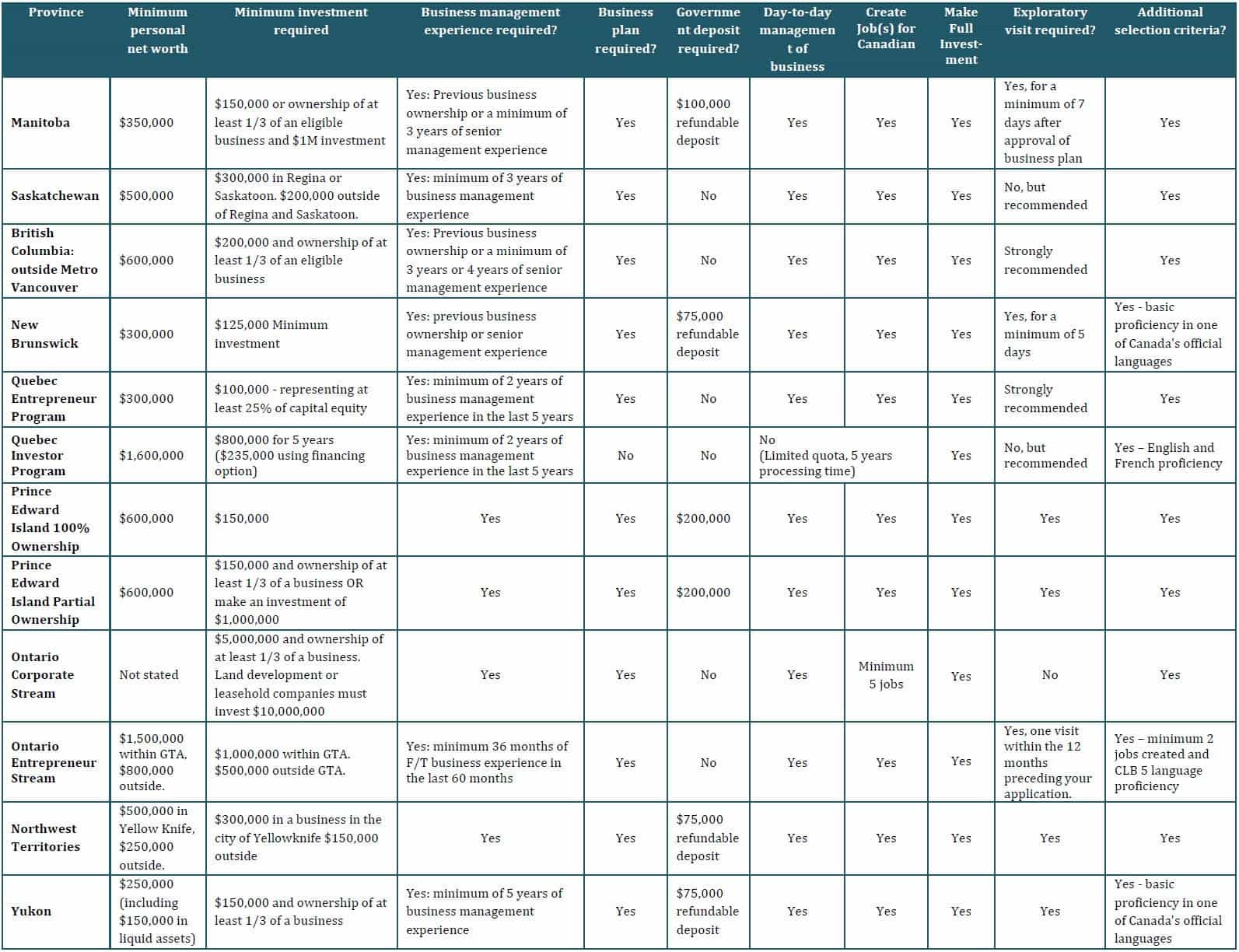New Canadian border measures now in effect
CIC News > Latest News > > New Canadian border measures now in effect Travellers may now enter Canada with an antigen test, and other COVID-19 measures in effect as of February 28.
As of February 28 at 12:01 a.m., Canada is allowing travellers to enter the country with a pre-arrival antigen test.
Before, travellers needed to have a molecular test, such as a PCR test, taken within 72 hours before their scheduled flight or arrival at the border.
All travelers to Canada age five and older still need a COVID-19 test before crossing the border. The new measures allow for incoming travellers to provide an antigen test result taken within one day before their scheduled flight or arrival at the land border. The test cannot be taken at home, it must be done by a laboratory, healthcare entity, or telehealth service, and be authorized by the country in which it was purchased. PCR tests are still accepted. No rules have changed for pre-arrival PCR tests.
In addition to the removal of the PCR test requirement, unvaccinated children would no longer have to isolate for 14 days, and international flights would resume at all airports.
Schedule a Free Work Permit Consultation with the Cohen Immigration Law Firm
If you have recovered from COVID-19
Travellers who continue to test positive for COVID-19 after recovering are allowed to board a plane, with some conditions. You need to provide a positive COVID-19 molecular test on a specimen collected at least 10 days and no more than 180 days before entering Canada as part of the pre-arrival test requirements.
ArriveCAN
All travellers still have to to submit their mandatory information via ArriveCAN. In coming travellers can use either the desktop of mobile app to submit their proof of vaccination in English or French, and a quarantine plan prior to arriving in Canada.
Travellers who are not fully vaccinated
Partially vaccinated and unvaccinated travellers will need to quarantine in a suitable place for 14-days, and take a mandatory COVID-19 test on arrival and on day 8.
Fully-vaccinated travelers
Fully-vaccinated travellers do not need to quarantine upon arriving to Canada, provided they meet the following criteria:
meet pre-entry testing requirements;
have no symptoms;
submit all required COVID-19 information to ArriveCAN and present their ArriveCAN receipt, pre-departure test results and paper or digital
proof of vaccination documents before they board their flight to Canada;
have a suitable quarantine plan in case they don’t qualify for the exemption.
Mandatory random tests upon arrival
Border services officers may randomly select you for a mandatory arrival test.
If you are fully vaccinated and are randomly selected for a mandatory arrival test, you must take the arrival test as directed on the day you enter Canada. You may get the test at the airport, or officials may give you a self-swab kit at the airport or land border to complete within 24 hours after entering the country.
If you are randomly selected for the on-arrival test, you do not have to wait for the results. You can travel to your final destination and take connecting flights, and you do not have to quarantine while waiting for your results.
The government of Canada says you can speed the process along by registering in advance with the testing provider for the airport you will arrive at using the same email address you used for ArriveCAN.
Modified quarantine for children age 12
Children under 12 years of age who are not fully vaccinated, travelling with fully vaccinated or medically exempt adults will be exempt from quarantine. They no longer need to wait 14 days before attending school, camp or daycare.
These children may be selected for mandatory random testing upon arrival, but they will not be required to quarantine while awaiting the test result.
Is a criminal record affecting your Canadian travel plans? Contact the Law Firm of Campbell Cohen
© CIC News All Rights Reserved. Discover your Canadian immigration options at CanadaVisa.com.















